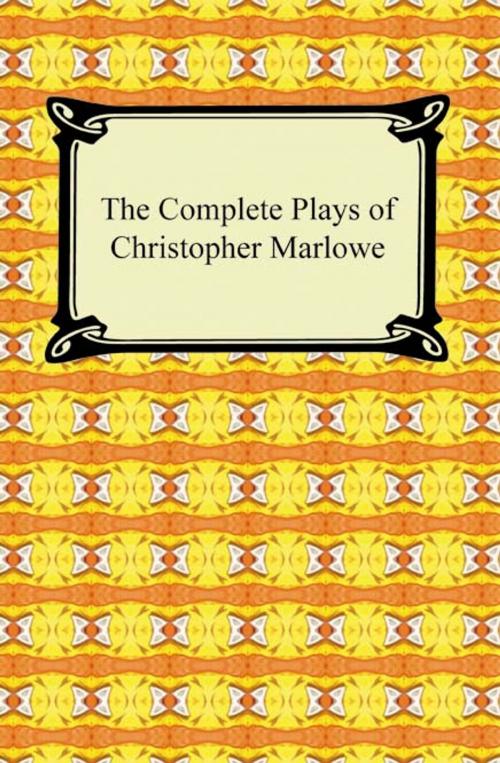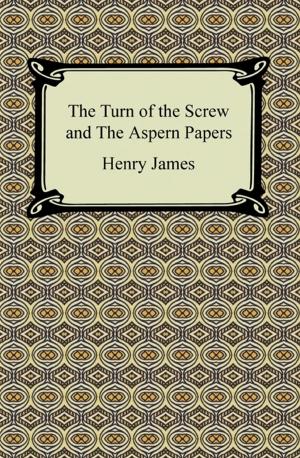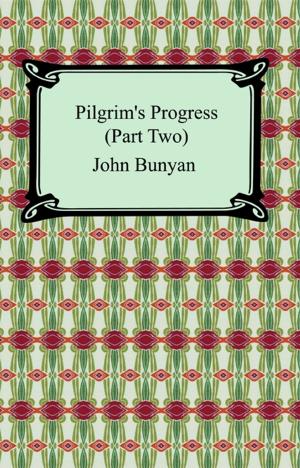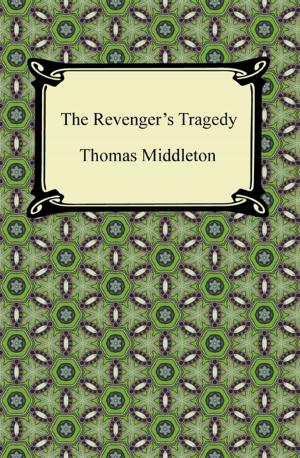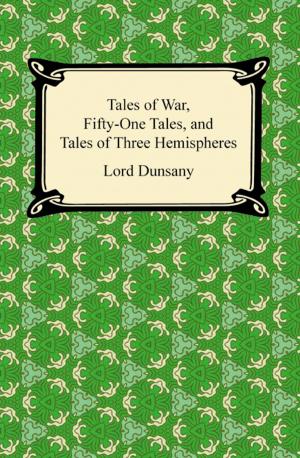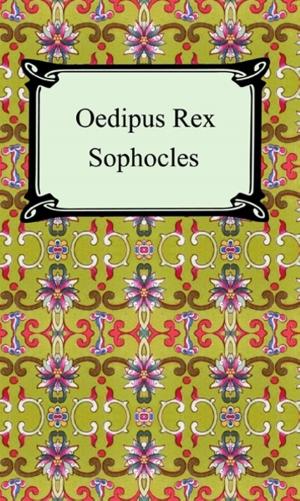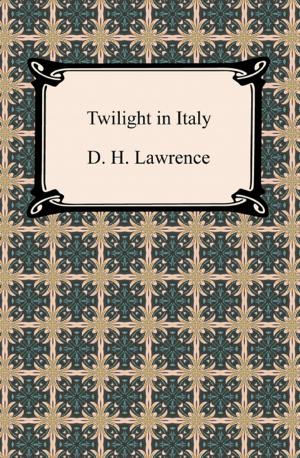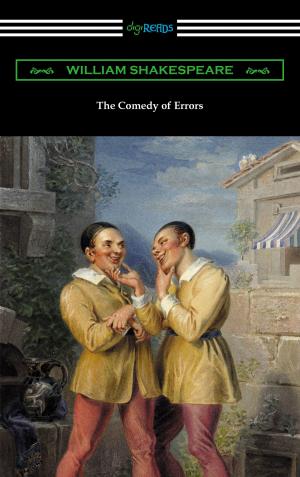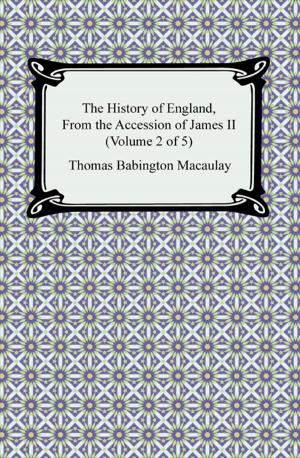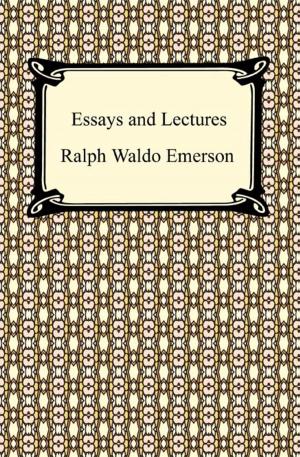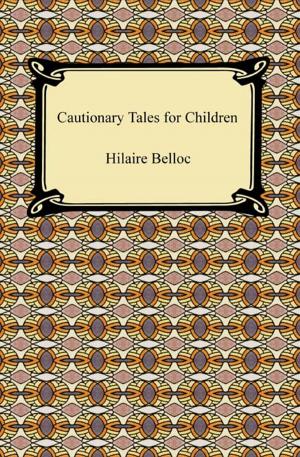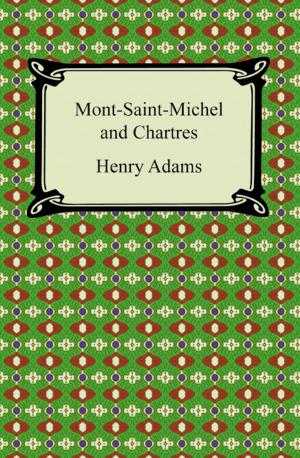The Complete Plays of Christopher Marlowe
Fiction & Literature, Drama, Nonfiction, Entertainment, Kids| Author: | Christopher Marlowe | ISBN: | 9781420940237 |
| Publisher: | Neeland Media LLC | Publication: | December 15, 2009 |
| Imprint: | Digireads.com Publishing | Language: | English |
| Author: | Christopher Marlowe |
| ISBN: | 9781420940237 |
| Publisher: | Neeland Media LLC |
| Publication: | December 15, 2009 |
| Imprint: | Digireads.com Publishing |
| Language: | English |
Christopher Marlowe lived a life that echoed the violence in his plays. He was born in 1564 and was murdered in 1593 in what is speculated to be a political assassination. An educated man, he received both his B. A. and M. A. at Corpus Christi College, Cambridge, where it is believed that he wrote Part I of "Tamberlaine", and possibly "Dido Queen of Carthage". Machiavellian themes are present in much of Marlowe's work, the main characters constantly involved in a tumultuous upward climb toward unattainable infinite success. Marlowe's perhaps greatest legacy was introducing blank verse into English theatre with "Tamburlaine The Great, Part I." This collection includes: "Dido Queen of Carthage", "Tamburlaine, Parts I & II", "The Jew of Malta", "The Massacre At Paris", "Edward The Second", "The Tragical History of Doctor Faustus", "The First Book of Lucan", "Ovid's Elegies", and "Hero and Leander".
Christopher Marlowe lived a life that echoed the violence in his plays. He was born in 1564 and was murdered in 1593 in what is speculated to be a political assassination. An educated man, he received both his B. A. and M. A. at Corpus Christi College, Cambridge, where it is believed that he wrote Part I of "Tamberlaine", and possibly "Dido Queen of Carthage". Machiavellian themes are present in much of Marlowe's work, the main characters constantly involved in a tumultuous upward climb toward unattainable infinite success. Marlowe's perhaps greatest legacy was introducing blank verse into English theatre with "Tamburlaine The Great, Part I." This collection includes: "Dido Queen of Carthage", "Tamburlaine, Parts I & II", "The Jew of Malta", "The Massacre At Paris", "Edward The Second", "The Tragical History of Doctor Faustus", "The First Book of Lucan", "Ovid's Elegies", and "Hero and Leander".
